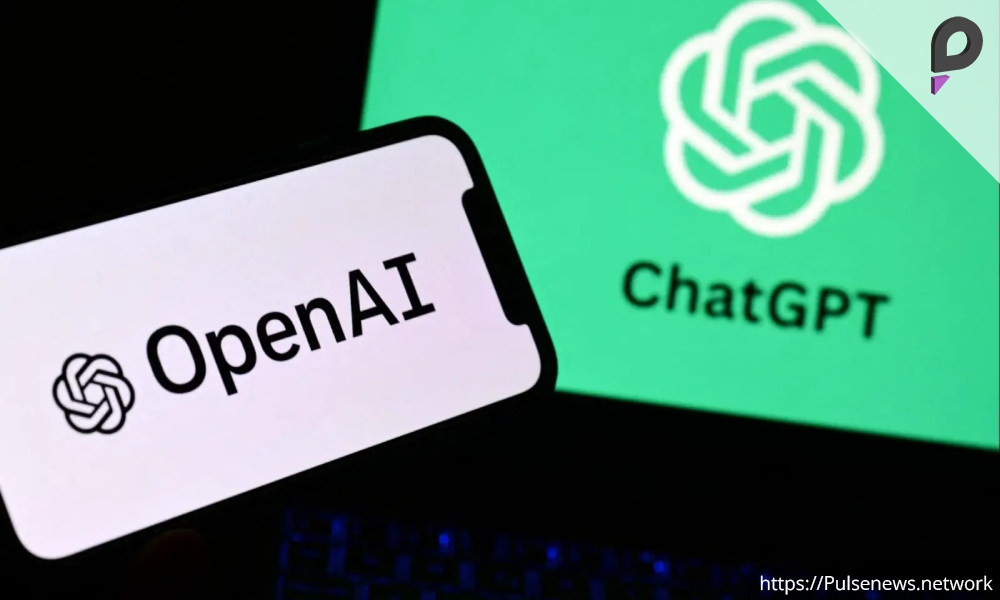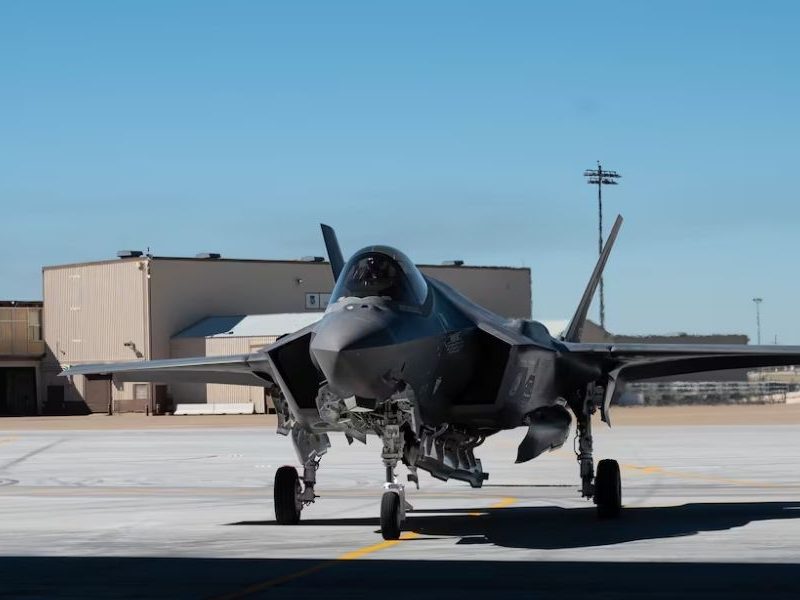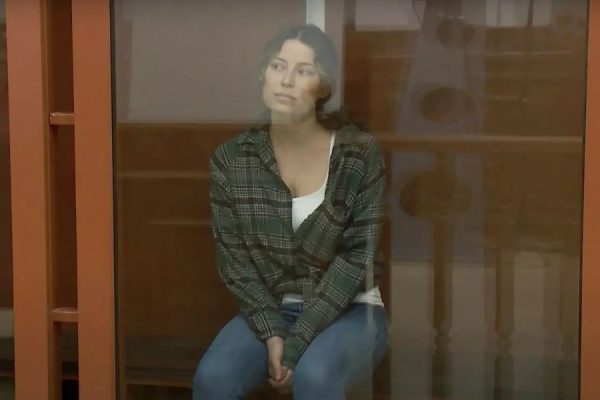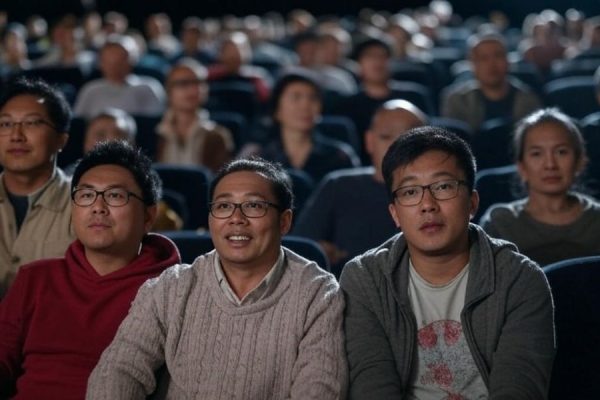OTTAWA: Several major Canadian media organizations have filed a lawsuit against the American company OpenAI, accusing it of using their articles and information without permission to train its artificial intelligence (AI) chatbot.
As reported by AFP, the lawsuit could result in OpenAI facing billions of dollars in penalties if the court sides with the plaintiffs.
The lawsuit, which includes the Globe and Mail newspaper and the public broadcaster CBC, claims that OpenAI violated copyright laws by using their content without consent. The media organizations are requesting compensation of as much as 20,000 Canadian dollars for every article.
The media outlets allege that their news stories and articles were illegally “scraped” and used to train OpenAI’s chatbot, ChatGPT. The media groups argue that OpenAI is benefiting from their content without properly compensating them.
In a statement, the media organizations said, “Journalism is meant to benefit the public. OpenAI is exploiting the work of other companies for its own profit, which cannot be considered journalism.”
A spokesperson for OpenAI stated that the company’s chatbot was trained using publicly available data. The spokesperson added that OpenAI follows “transparent practices” and adheres to relevant international copyright rules that aim to innovate while respecting the rights of creators.
He also noted that OpenAI works together with news publishers.
This lawsuit marks the first legal action by Canadian media organizations against OpenAI. Other plaintiffs include Postmedia, the Canadian Press, and Toronto Star.
The claim seeks an injunction to stop OpenAI from continuing to use their content without permission and to prevent future unauthorized use.
Neil Oliver, CEO of Toronto Star, wrote a memo to his staff after filing the lawsuit, stating, “We will not stand by while tech companies steal our content.
Not only have Canadian media groups filed lawsuits, but global news organizations like The New York Times have also taken legal action to protect their content. Some news agencies have even signed licensing agreements with OpenAI.












